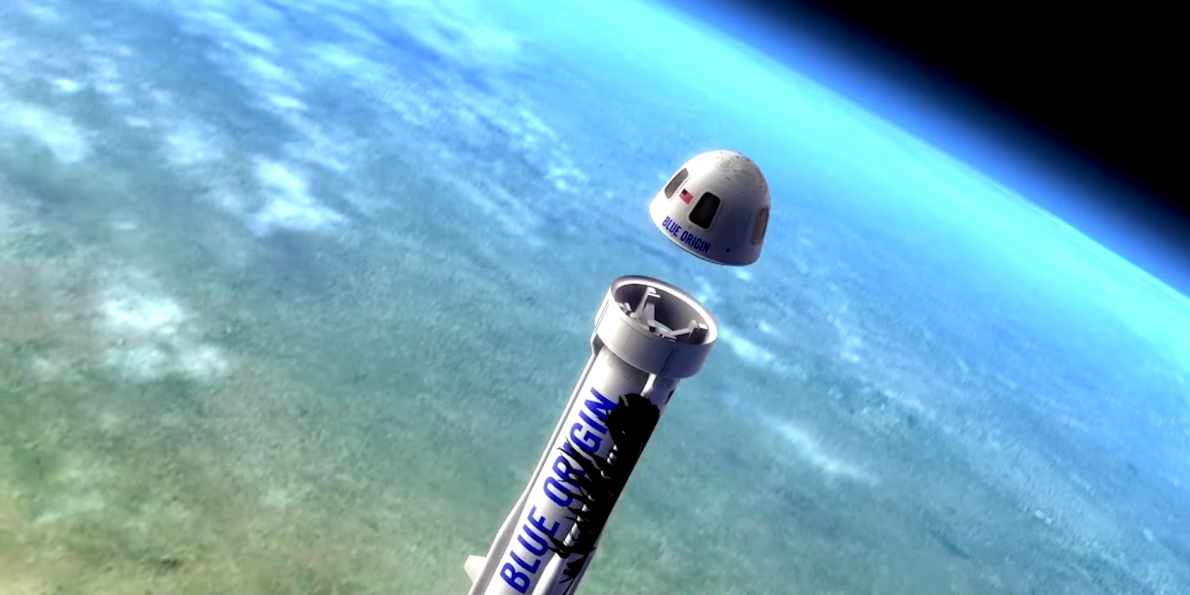However, unlike before, the race is not fuelled by the cold war rivalry between the USA and the USSR, it is fuelled by private corporations. Investment is flooding into the space industry. The global space economy was worth $329 billion in 2016, and three-quarters of that sum came from private companies and commercial activity. Whilst NASA occupy themselves with developing the Space Launch System and the Orion spacecraft for missions to Mars, the billionaires of the world are pouring investment into sending people into low Earth orbit, and making rockets.
Richard Branson has already made several attempts to launch passengers into low orbit space with his company Virgin Galactic, although his SpaceShipTwo notoriously crashed on the first testing attempt, killing the co-pilot. Nonetheless, several tests have since been successful and he expects to have an operational passenger spacecraft service in the near future. Furthermore, Elon Musk, a former majority shareholder of PayPal, is currently undergoing tests throughout 2018 in order to supply the International Space Station with his Falcon 9 rockets. Jeff Bezos, the tycoon behind Amazon, has a goal to allow “anybody to go to space”. His company Blue Origin is similar to that of Virgin Galactic, offering space travel to paying customers.
This increase in private investment comes as space ventures become cheaper. Right now, there are about 1,500 satellites orbiting the earth, with that number set to sky rocket with them becoming both smaller and cheaper. A number of private firms are even advertising cheaper access to space, in the form of business incubators which help space start-ups. Currently, the launch of a satellite costs around $200 million, and in the USA last year there were just 22 launches. However, Peter Beck, founder of Rocket Lab from New Zealand, expects to go into space for as little as $5 million as much as once a week, once his rocket is operational. Usually, small satellite makers will hitch a ride on larger launches that have excess capacity, but Rocket Lab aims to make the process far cheaper, to the point where you can,
“go online and click a few buttons and you’ve bought a launch”.
Space travel may seem speculative and dangerous, but it may not be as farfetched as we may think. In our lifetime it looks like people will be paying to fly into space on the back of a billionaire’s rocket. And for the billionaires, the sky seems to be the limit as far as their profits are concerned.
Charlie Harrocks
Image: [Business Insider]

